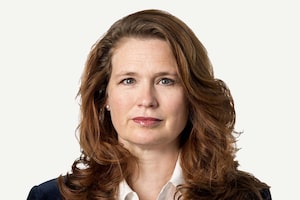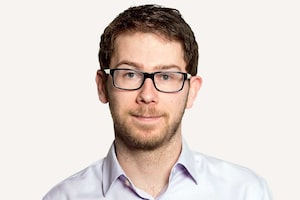Good morning. Wendy Cox in Vancouver today. I hope the New Year does not find you unwell. Given the recent, frustrating COVID-19 news, that seems a more apt greeting than Happy New Year!
B.C.’s Provincial Health Officer Dr. Bonnie Henry has said frequently over the past two weeks that it is likely everyone will either get the Omicron variant of COVID-19 or have someone close to them with it. It’s a new ballgame, she has stressed, and her caution has been echoed by health officers across the country. On the bright side, despite mind-bogglingly high case count numbers, it seems most people are not getting seriously ill.
But that doesn’t mean they’ll be able to work. Omicron has prompted significant staffing shortages, from airline flights cancelled because too many crew members have called in sick to restaurants forced to close, not by health orders but because there aren’t healthy enough workers to attend to diners. When students in Western Canada go back to their classrooms after an extended winter break, schools, too, are likely to be hit with as many as 30 per cent of teachers off sick at any given time, Dr. Henry said Tuesday.
Dr. Henry has been steadfast in her reluctance to close schools and require students to learn online again as they were required to do in 2020. The learning loss and the mental-health impacts were such that she has said since that closing schools would be a very last resort. In Alberta, Premier Jason Kenney said something similar during a briefing there on Tuesday.
“There will be challenges,” he said. “There will be teachers and staff who are in isolation because of the widespread nature of this variant, but I think there has been a significant change in the consensus across North America. Many jurisdictions that had suspended schools for in-classroom instruction for much of the past 20 months have realized, in retrospect, that it was a mistake.”
So while Ontario, Quebec and Manitoba have chosen to ask their students to study online until at least Jan. 17, students in B.C. and Alberta will be back in class next Monday. Students in Saskatchewan are back in their seats at school this week.
Darren Danyluk, president of the BC Principals’ and Vice-Principals’ Association (BCPVPA), said discussions are under way over how to keep schools open and respond to high numbers of absent teachers and how to continue learning for students if schools are forced to close because there aren’t enough people to run them.
“For quite some time now, staffing has been a challenge in schools in B.C., not just teaching staff but support staff. So any given day, we know that our members and the principals and vice-principals are having a challenge replacing absent staff,” he said in an interview with reporter Xiao Xu.
“And if the new variant results in even greater numbers of people having to be home ill even just for short periods of time, that obviously makes for even bigger problems.”
Mr. Danyluk said whether a level of absenteeism can cause an issue depends on resources in different areas of the province. If a region has enough replacement staff, then it won’t be problematic. But in small and remote communities, it would be more difficult to find sufficient substitutes.
Dr. Henry also warned that British Columbia will not be able to report school cases and exposures in the same way that it has in the past. Last week, Ontario announced it would stop reporting COVID-19 case figures in schools or child-care settings, prompting concerns from parents.
Last week, the BC Teachers’ Federation called on the provincial government to increase safety in schools, including issuing teachers with N95 masks.
Ontario Premier Doug Ford said Monday that teachers in his province would be given N95s, but Dr. Henry in B.C. and her colleague in Alberta, Dr. Deena Hinshaw, have said N95s aren’t necessary for everyone.
“I’ll just say in the majority of settings, the incremental benefit in a low-risk setting like a school or a retail store is minimal. What is most important is that you have a good-fitting mask that you wear and you wear appropriately,” Dr. Henry said Tuesday.
Dr. Hinshaw added that the downsides of respirators, including the difficulty in securing a tight fit and the discomfort of wearing them for long periods of time, outweigh any “theoretical, incremental benefit.”
 Wendy Cox
Wendy Cox James Keller
James Keller